life
-
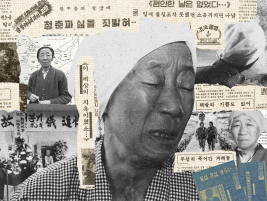
- A “Comfort Woman” Who Has Yet to Return Home, a Memory That Has Yet to Be Mourned: The Name Bae Bong-gi
-
Is it still possible to remember Bae Bong-gi’s life and mourn her death beyond the adversarial structure between nations?
-
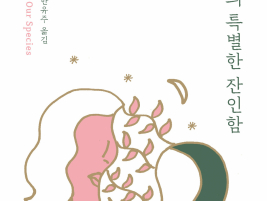
- The voices that rolled inside bodies – Emily Jungmin Yoon’s collection of poems A Cruelty Special to Our Species
-
Similar to what the researchers considered in the fourth collection of testimonies, the line placement and long pauses in Emily Jungmin Yoon’s poems would be the mimesis for the testifiers’ persistent pain, long silence, faltering, and hesitation that are manifested through poetic deviation.
-
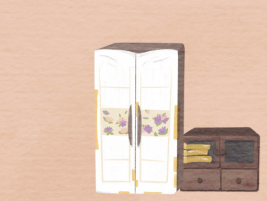
- The rooms of the surviving “Comfort Women” - Kang Il-chul’s room
-
What kind of everyday life do the surviving “Comfort Women” victims residing in the <House of Sharing> leads? <Kyeol> the Webzine has arranged an essay series to look at daily life of those who live at the <House of Sharing>, centering upon the space of the “room.” The fourth protagonist is Kang Il-chul.
-
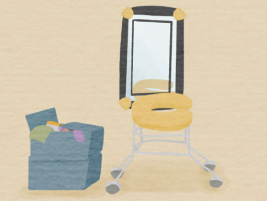
- The rooms of the surviving “Comfort Women” - Park Ok-sun’s room
-
Upon Park Ok-sun's return to South Korea, she moved back and forth between her younger brother's house and her nephew's house in Seoul, and eventually was admitted to <House of Sharing> in 2002.
-
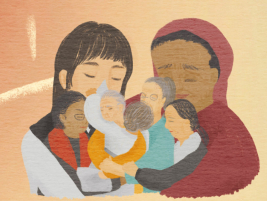
- People's Tribunal for Women in Guatemala - The story of women from the other side of the globe who inherited each other's pain
-
The Women's International War Crimes Tribunal on the Trial of Japan's Military Sexual Slavery in 2000 (hereinafter the ‘Women's International War Crimes Tribunal 2000’), which was hosted in Tokyo, Japan from December 8 to 12, 2000, was a people’s tribunal[1] that held the Japanese government – the perpetrating state - and Emperor Hirohito responsible for war crimes. It was viewed as the most appropriate alternative plan devised at a time when it was no longer feasible to hold a legally effective international court with any cooperation from the Japanese government.
-
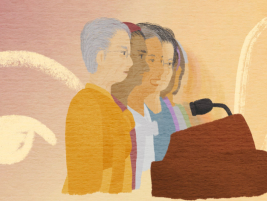
- The “comfort women” victims – Unsung heroes who came forward to fight for justice
-
Marking the 20th anniversary of the ‘Women's International War Crimes Tribunal on Japan's Military Sexual Slavery in 2000’
-
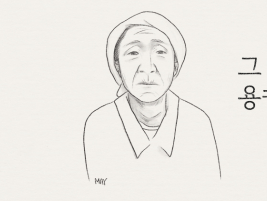
- The Story of Bae Bong-gi – “We luckily managed to survive amid that war.”
-
In her book <The House with a Red Tile Roof - The Story of Korean Women Who Became the Japanese Military "Comfort Women"> which was translated into Korean in 2014, Kawata Fumiko vividly yet calmly unraveled the testimony of Bae Bong-gi, one of the Korean "Comfort Women" who was taken to Okinawa. Based on the testimonies and data collected from Okinawa residents, Japanese soldiers, as well as Bae Bong-gi, this article describes the detailed circumstances experienced by Bae Bong-gi and the “Comfort Women” surrounding the U.S. military’s air raids that took place on the Kerama Islands, Okinawa.
-

- The rooms of the surviving “Comfort Women” – Songnisan Lee Ok-sun's room
-
Songnisan Grandmother had anticipated that she would live in Songnisan for the rest of her life but ended up coming to the <House of Sharing> in the fall of 2018 after having knee surgery which made it difficult for her to easily move around.
-
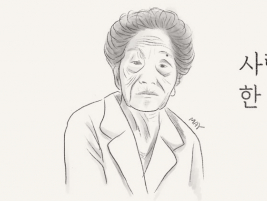
- The story of Song Shin-do – “We have not the slightest idea of what a person thinks inside.”
-
This article is about the story of Song Shin-do remembered by Kawata Fumiko, who connected Song Shin-do to the ‘”Comfort Women” 110 Report Call Executive Committee’.
-
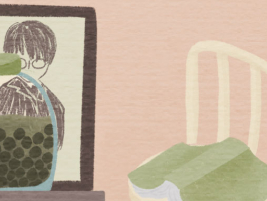
- The rooms of the surviving “Comfort Women” - Lee Ok-sun’s room
-
The traces and history of the surviving “Comfort Women” fill all corners of the <House of Sharing> but are most visible inside the rooms of the surviving “Comfort Women”.